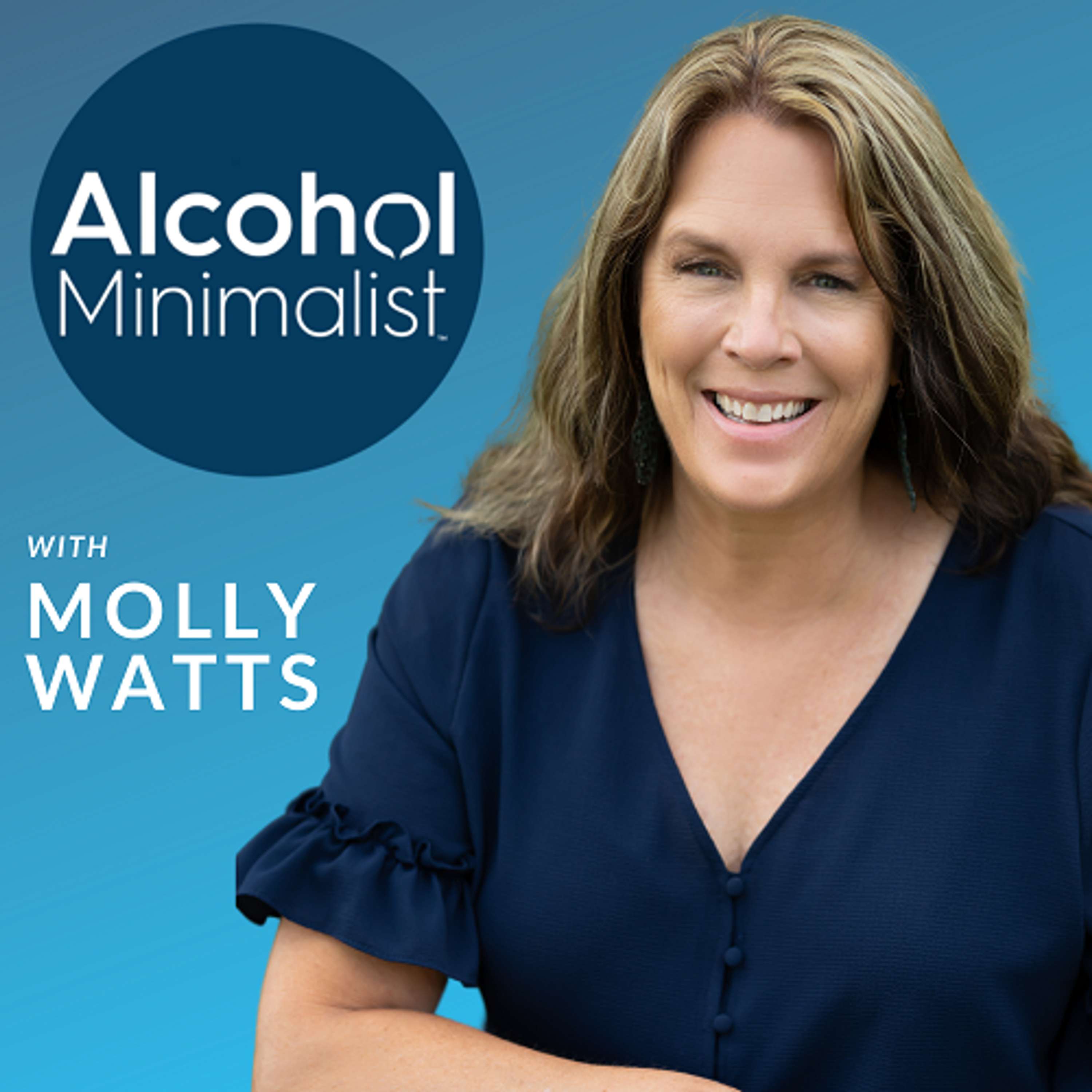
Catching up with Sunnyside: Mindful Drinking with Ian Andersen

Alcohol Minimalist: Change Your Drinking Habits!
Shownotes Transcript
This week on the podcast, I'm catching up with Ian Andersen, co-founder and CGO for Sunnyside, formerly Cutback Coach.
We're talking about the vision for Sunnyside and how people are using the app to support mindful drinking.
From the website: "Some people think that cutting back on drinking is all about having less. But at Sunnyside, we’re all about having more. More rested mornings, more days when you’re feeling your absolute best, more energy and positivity. We’re not here to say “don’t go out” or “never drink”. We’re here to help you to enjoy your life AND wake up ready to shine your brightest."
"Sunnyside is a system for creating a more mindful approach to drinking to help you reach your goals. Our members are seeing major benefits, including a reduction in weekly drinks, improved sleep, a healthier diet, money saved, and an overall improved sense of well-being."
Resources Mentioned:
Episode 23 (Cutback Coach now Sunnyside) )
Buy Breaking the Bottle Legacy: How to Change Your Drinking Habits and Create A Peaceful Relationship with Alcohol on Amazon or most online retailers.
Kobo)
Join my private FB group Alcohol Minimalists here: https://www.facebook.com/groups/changeyouralcoholhabit)
Has this podcast helped you? Please leave a review wherever you listen to podcasts!
Follow me on Instagram: @AlcoholMinimalist
Have you grabbed your free e-book, "Alcohol Truths: How Much is Safe?" Get it here. )
Low risk drinking guidelines from the NIAAA:
Healthy men under 65:
No more than 4 drinks in one day and no more than 14 drinks per week.
Healthy women (all ages) and healthy men 65 and older: No more than 3 drinks in one day and no more than 7 drinks per week.
One drink is defined as 12 ounces of beer, 5 ounces of wine, or 1.5 ounces of 80-proof liquor. So remember that a mixed drink or full glass of wine are probably more than one drink.
Abstinence from alcohol Abstinence from alcohol is the best choice for people who take medication(s) that interact with alcohol, have health conditions that could be exacerbated by alcohol (e.g. liver disease), are pregnant or may become pregnant or have had a problem with alcohol or another substance in the past.
Benefits of “low-risk” drinking Following these guidelines reduces the risk of health problems such as cancer, liver disease, reduced immunity, ulcers, sleep problems, complications of existing conditions, and more. It also reduces the risk of depression, social problems, and difficulties at school or work.
If you' are unsure about whether or not you have alcohol use disorder, please visit the NIAAA) for more information.
** ★ Support this podcast ★) **